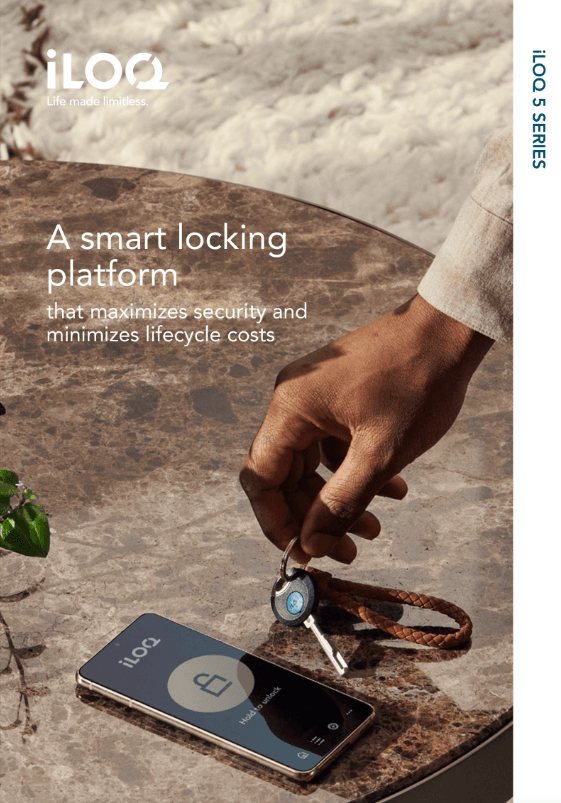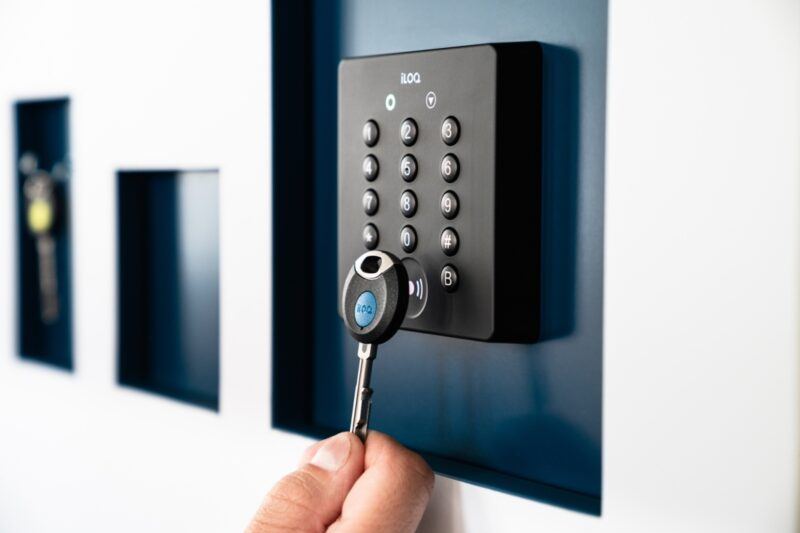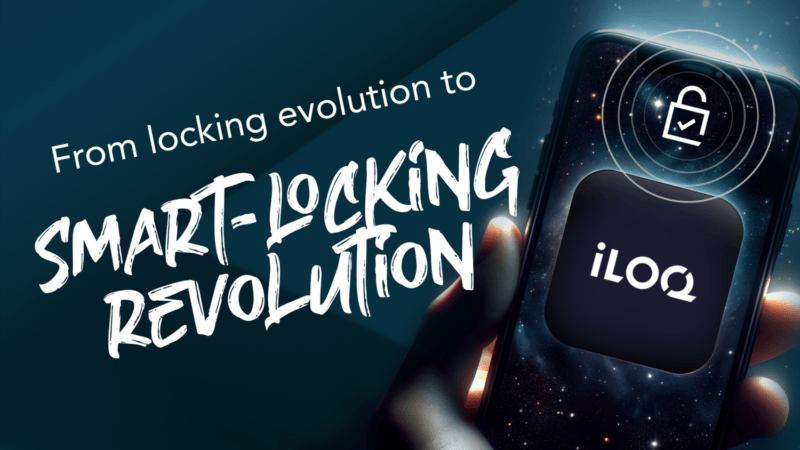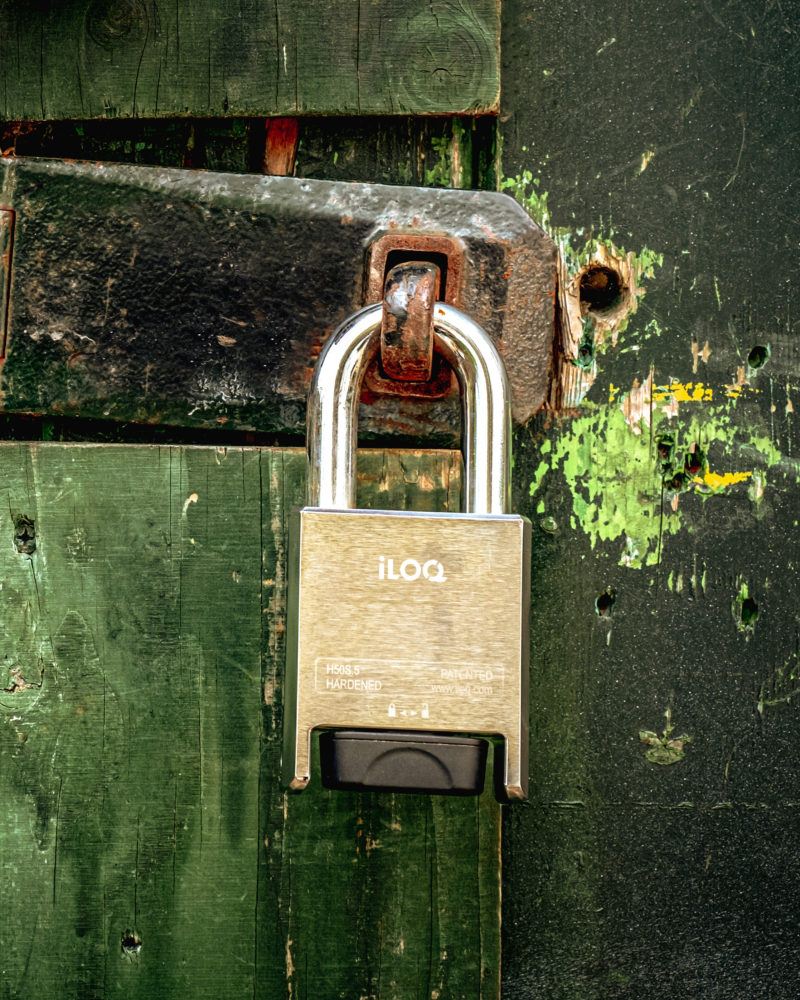What is access control?

Access control is a security measure that manages who can enter, access, or interact with specific areas, systems, or data. By implementing access control systems, organisations can enhance safety and efficiency by ensuring that only authorised individuals have access to sensitive areas or resources. Whether physical or digital, access control solutions are vital in modern security strategies for homes, businesses, and critical infrastructure.
Why is access control important?
In today’s increasingly connected world, access control is crucial for safeguarding physical spaces and digital data. From managing entry to office buildings to securing sensitive data in the cloud, access control systems play a critical role in protecting assets. They reduce the risk of unauthorised access, theft, and data breaches while offering flexibility and efficiency in managing permissions.
Types of access control
1. Physical Access Control Systems (PACS)
These systems regulate entry to physical locations, such as buildings, offices, or restricted areas. A door access control system can include smart card readers, biometric systems, or keypad locks. They ensure only authorised personnel can enter secured areas.
2. Digital Access Control
In the digital realm, access management ensures that sensitive information and systems are accessible only to authorised users. This includes user authentication systems, role-based permissions, and cybersecurity measures.
3. Building Access Control Systems
These integrated solutions are designed to manage access across multiple points in a building or facility. They combine various technologies, such as CCTV, alarms, and door locking systems, to enhance overall security.
Benefits of access control systems
1. Enhanced Security
A well-implemented security access control system prevents unauthorised entry and protects people, assets, and data. It also helps monitor access activities for accountability.
2. Flexibility and Scalability
Modern access control solutions can be tailored to the unique needs of any organisation. They are scalable, making them suitable for small businesses and large enterprises.
3. Real-Time Access Management
With advanced access control systems, permissions can be granted, revoked, or updated instantly via a centralised system.
4. Cost-Efficiency
By reducing the need for physical keys and manual oversight, building access control systems help save time and resources.
Applications of access control
Corporate Buildings
For offices and commercial spaces, door access control systems ensure secure entry while allowing easy management of employee and visitor access.
Educational Institutions
Schools and universities rely on access control security to protect students, staff, and facilities by managing who can access certain areas.
Critical Infrastructure
Energy, water, and telecom sectors use access control installation to safeguard sensitive equipment and facilities, ensuring uninterrupted operations.
Are you ready to join the smart-locking revolution?
Revolutionise access control with battery-free solutions
Download our free 5 Series brochure and explore innovative and sustainable access control systems!

Why iLOQ as futureproof solution?
iLOQ is a leader in delivering cutting-edge access control systems tailored to diverse needs. With a focus on sustainability, efficiency, and security, iLOQ solutions revolutionise how organisations manage access.
Key Features of iLOQ access systems:
- Battery-Free Technology: iLOQ solutions eliminate the need for batteries, reducing maintenance costs and environmental impact.
- Real-Time Management: Permissions can be managed remotely, offering unparalleled flexibility.
- High Security: Advanced encryption ensures robust protection against unauthorised access.
- Seamless Integration: iLOQ systems are easy to integrate with existing infrastructure.
Secure your spaces
It is essential for protecting assets and ensuring efficient operations. From offices to critical infrastructure, implementing the best system can make all the difference. With iLOQ, you gain a reliable partner that offers innovative and sustainable solutions tailored to your needs.
Discover how iLOQ can transform your strategy. Contact us today to learn more about our cutting-edge solutions!
FAQ
The three main types of access control are:
Discretionary Access Control (DAC) – the owner decides who has access.
Mandatory Access Control (MAC) – access is based on predefined policies.
Role-Based Access Control (RBAC) – access is granted based on a user’s role.
The key principles are:
Identification – recognising the user.
Authentication – verifying the user’s identity.
Authorisation – granting the correct level of access.
Access control is the process of managing who is allowed to enter or use a space, system or resource. It ensures only authorised individuals can gain access.
Access control can be opened using a valid credential, such as a key card, mobile phone or digital key, depending on the system in use.
Access control systems range from simple keypad entry to advanced digital solutions using mobile credentials, cloud management and real-time access monitoring.
Access control refers to controlling and managing access to physical or digital spaces, ensuring only authorised people can enter or interact with certain areas or systems.
In security, access control is a critical component that restricts entry to buildings, rooms or digital resources. It protects people, assets and data from unauthorised access.




















